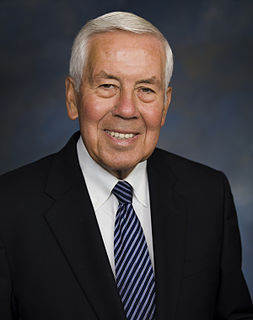A Quote by Kurt Vonnegut
Of course, socialism is just evil now. It's completely discredited supposedly by the collapse of the Soviet Union, but I can't help noticing that my grandchildren are heavily in hock to Communist China now which is evidently a whole lot better at business than we are.
Related Quotes
This much I would say: Socialism has failed all over the world. In the eighties, I would hear every day that there is no inflation in the Soviet Union, there is no poverty in the Soviet Union, there is no unemployment in the Soviet Union. And now we find that, due to Socialism, there is no Soviet Union!
In Iraq, until before the war, the women were scientists, museum directors, doctors. I'm not valourising Saddam Hussein or the Soviet occupation of Afghanistan, which was brutal and killed hundreds of thousands of people - it was the Soviet Union's Vietnam. I'm just saying that now, in these new wars, whole countries have slipped into mayhem - the women have just been pushed back into their burqas - and not by choice.
Why were the Europeans bothered about the Soviet Union at all? It was nothing to do with us. China had nothing to do with us. Why were we not building, without reference to the Soviet Union, a good society in our own countries? But no, we were all - in one way or another - obsessed with the bloody Soviet Union, which was a disaster. What people were supporting was failure. And continually justifying it.
There used to be the Soviet Union and the Warsaw Pact. There used to be Soviet troops in the GDR. And we must honestly admit that they were occupation troops, which remained in Germany after WWII under the guise of allied troops. Now these occupation troops are gone, the Soviet Union has collapsed, and the Warsaw Pact is no more. There is no Soviet threat, but NATO and U.S. troops are still in Europe. What for?






































